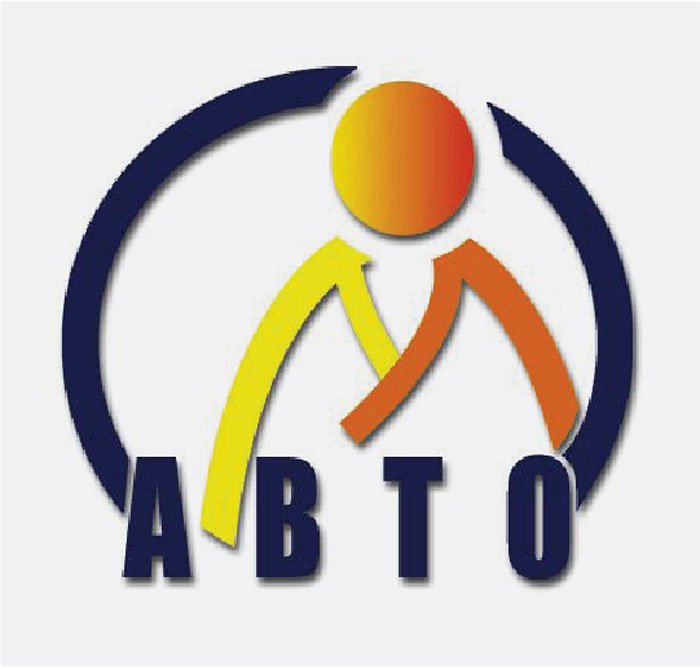MB Subba
The Association of Bhutanese Tour Operators (ABTO) says that the interest waivers and the CIT/BIT deferment for tour operators should be continued beyond the three months as part of the government’s support to the tourism sector.
ABTO predicts that unlike other sectors it could take up to three year for the tourism sector to recover fully.
As per the terms of the short-term working capital available for tour operators, the concessional 5 percent interest will revert to normal rates, which is between 11 and 12 percent.

At a meeting held at Bhutan Chamber of Commerce and Industries (BCCI) in Thimphu on April 29, ABTO representatives said that the deferment CIT/BIT deferment and interest waivers should be extended to at least seven months.
The association also suggested long-term concessional loans to tour operators given the ban on tourism would continue beyond the three months.
Former BCCI president, Ugen Tshechup, who chaired the meeting, said that he would submit the comments and suggestions to the government. He said that concessional loans with longer durations would be proposed, as the short-term working capital was not viable.
ABTO’s executive director, Sonam Dorji, said it would take about two to three years to get back to where the tourism sector was but that the monetary measures provided were only for three months.
“That also depends on how robust our marketing strategies are. The deferment of BIT and CIT is also only for three months,” he said.
Sonam Dorji added that the short duration of the interest waivers and the tax deferment would leave tour operators without fund after the three months. The three-month concessional 5 percent working capital being provided to pay salaries and rents are collateral-based, according to tour operators.
The executive director said that while he had heard through the media about a working committee having been formed to look into the issues but that he was not aware of that as a stakeholder. “We would very much like to be part of it,” he said.
Whatever was being done, he said, was for immediate relief only. “But the bigger concern for ABTO is recovery of tourism,” he said, adding that ABTO had not seen anything coming up in terms of short-term, medium-term, and long-term recovery plans.
Ugen Tshechup was of the view that there should be some differentiation among various tour companies as some would be able to sustain longer than others.
“My suggestion is that there must be some internal agreement among tour operators, and some would take more and some would take less. This is the time for rich companies to use their accumulated profits, not ask the government a bailout,” Ugen Tshechup said.
The government, he said, could go bankrupt if every cost was put on the government and that a middle path had to be pursued. He suggested ABTO to submit long-term suggestions to the government as soon as possible to reach the government and Parliament on time.
The former BCCI president was of the view that even if tourism opened there would be few tourists until a vaccine is available. He said that financial institutions were expected to create “dead zones”, which means that the loan-servicing period would be extended by the length of duration of non-payment of EMI/interests.
“The government and banks cannot sustain continued waiver of interests and EMIs. He said that it may not be possible for banks to continue interest and EMI waivers beyond three months,” he said.
He suggested that the government open up the domestic economy after three months so the burden on the government to spend on those who lost jobs would reduce.
Ugen Tshechup was also of the view that the central bank should release a certain percentage of banks’ statutory reserve to be provided as soft loans.
“Banks keep the statutory reserve with the central bank at a zero percent rate. Even if a small portion of the reserve is provided as soft loans to us at a very minimum interest rate, the banks would earn some income,” he said, adding that the plan would be proposed.
ABTO representatives said that tour operators also needed soft loans for marketing. “Due to lack of business, there is no money for marketing, which actually should happen before tourism opens,” ABTO executive director said.
However, Ugen Tshechup said that requesting soft loans for marketing would need strong justifications due to priority issues. Given their investment on infrastructure and maintenance, he said hoteliers might in fact need more support than tour operators.
But the ABTO representatives reiterated that tour operators will play a crucial role in reviving the sector as hoteliers and guides benefit through them. There are about 3,000 tour operators, about 200 of which do marketing, according to ABTO.
Ugen Tshechup said that a better option would be to ask the government to inject funds for marketing after four or five months.
Some members of ABTO expressed concerns about lack of fulfillment of the government assurances in terms of carrying out infrastructure and professional development plans when tourism has remained closed for two months.
ABTO representatives said the association had come up with various infrastructure and professional development programmes.
The former BCCI president assured that he would work with the government towards implementing such programmes. He said that the government’s attitude towards such issues had been positive.

